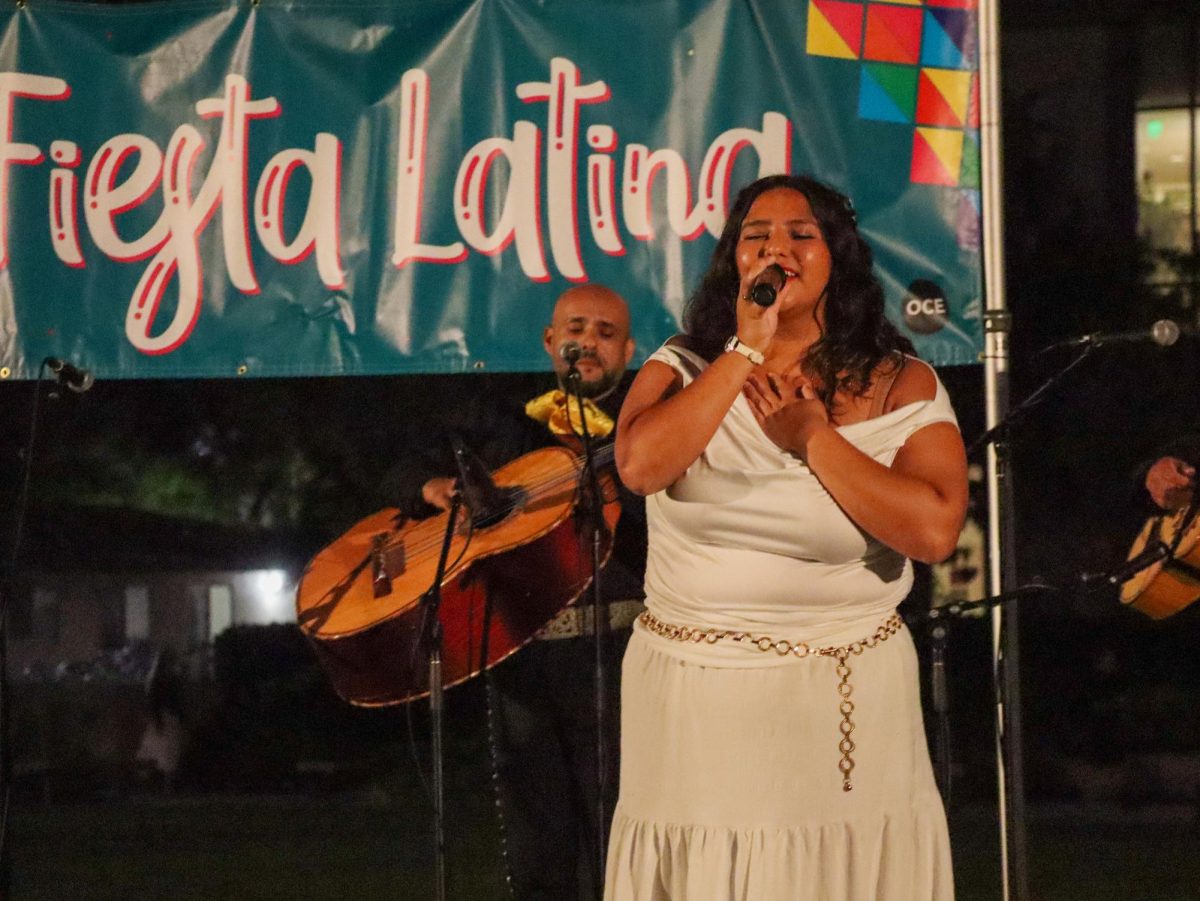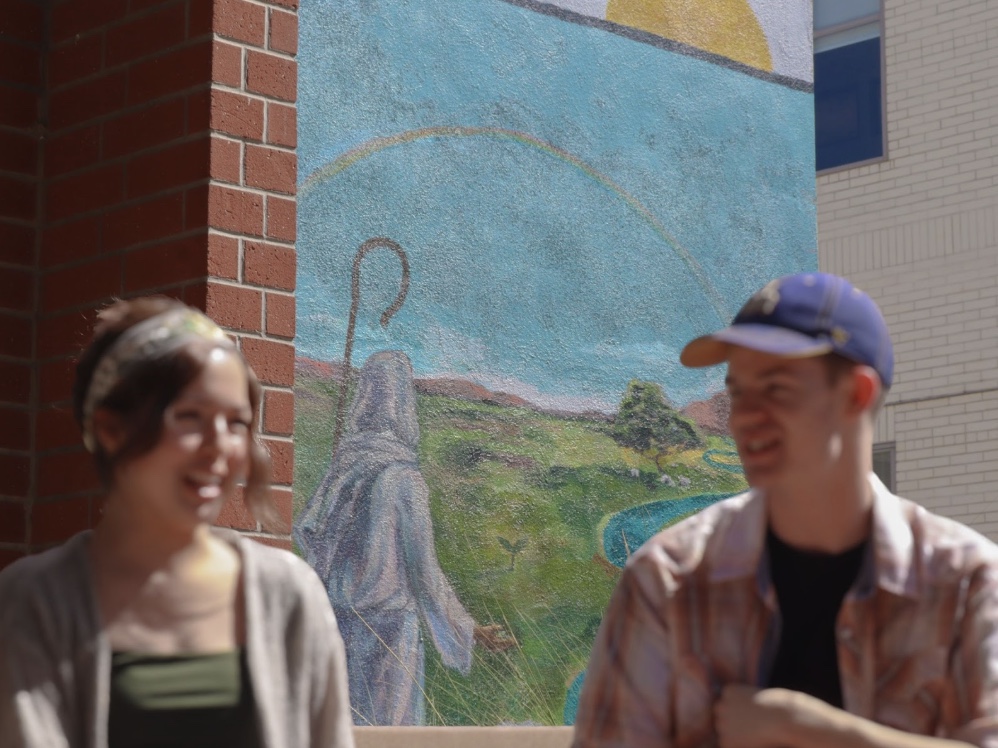Along with other colleges in the country, Biola questions the efficiency of the four-year academic model and is developing its degree programs to use new class structures to benefit students working toward their bachelor’s degrees.
CHALLENGING THE TRADITIONAL TRACK
In the United States, 59 percent of students complete their four-year degree in six years or less, according to the U.S. Department of Education. This means 41 percent of students either take longer than six years to complete their degree or they do not finish the program.
“Why is the traditional way of doing college being challenged? It’s being challenged because it’s not working for enough people,” said Freddy Cardoza, department chair of Christian education
An article in the Wall Street Journal explains that schools such as the University of Iowa and Purdue University have established programs for students to earn their Bachelor’s degree in three years, instead of four. This can help students minimize the time and expenses they need to put into their degrees. It was shown though that very few students were able to stay on track to graduate in the shortened time period.
ALTERNATIVE OPTIONS
One alternative currently discussed at Biola is the implementation of a trimester system, Cardoza explained. This would mean that instead of fall and spring semesters with interterm and summer, there would be fall, spring and summer trimesters. This model would have a shorter winter break, but would be more efficient for Biola as a residential campus that has to upkeep the grounds year round. It would also benefit students because it would give them the option to have one more term in the summer to quicken the degree process.
Another option already being utilized at Biola is the use of online, blended and flipped courses. Online courses are entirely through an online program and do not have any physical class sessions, blended classes have occasional class sessions with more work online and flipped classes allow students to watch lectures and learn the material ahead of time so that regular class sessions can be dedicated to discussion of the material.
This alternative is particularly beneficial for nontraditional students, those not coming directly from highly school. For example, transfer students may have fulfilled many general education requirements but due to the 30 credits of bible, they may be unable to graduate on time. Biola’s Bible Bridge program utilizes a blended style of class to allow students to earn up to six bible credits the summer before they become a full-time Biola student.
David Bourgeois, director of innovation and professor in the Crowell School of Business explained the importance of online classes, especially as they appeal to many nontraditional students who want to continue their education part-time. He expressed that being able to take online courses and communicate virtually is an important ability to have due to the prominence of technology in modern society.
“Learning how to take a class online is a skill set,” Bourgeois said. “When you get hired by a business, if they decide to send you to training, that probably means you will take online training.”
In the process of looking at new options to fast track or simplify the process of earning a bachelor’s degree, the Western Association of Schools and Colleges, the organization which provides college accreditation, ensures degrees earned by students maintain high standards of meaning, quality and integrity. Biola not only guarantees the retention of these academic standards but upholds a high commitment to the importance of a Christ centered education.
“Academic excellence, yes, financial, yes, student friendly, yes; but if there is anything that makes Biola Biola, it’s the spiritual formation,” Cardoza said.



![Biola is considering the education model and is currently discussing the implementation of a trimester system, according to Freddy Cardoza, department chair of Christian education. | Quincy Liao/THE CHIMES [file photo]](https://chimesnewspaper.com/wp-content/uploads/2015/04/03NE03-Poly-Sci_QL-2345-Edit-1.jpg)



